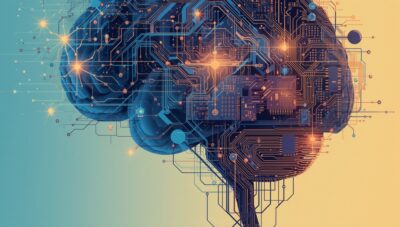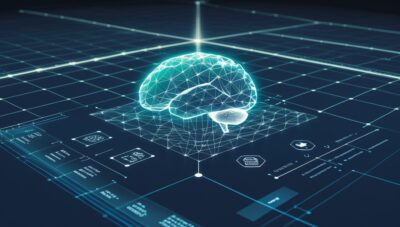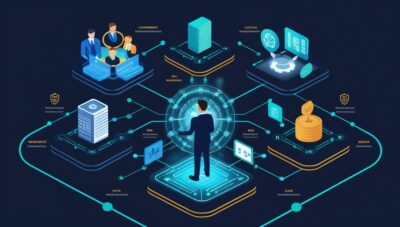
Comprehensive AI Management Framework Landscape
The Comprehensive AI Management Framework Landscape maps the full landscape of approaches used to govern, organize, and sustain intelligent systems at scale. It helps leaders and practitioners separate overlapping concerns—such as accountability, value prioritization, operating ownership, risk, and maturity—so decisions are supported by the right structures instead of competing models. Designed for organizations moving beyond experimentation, this resource supports clearer governance, reduced friction, and more defensible outcomes as use expands. Excellent Read (60 pgs)









